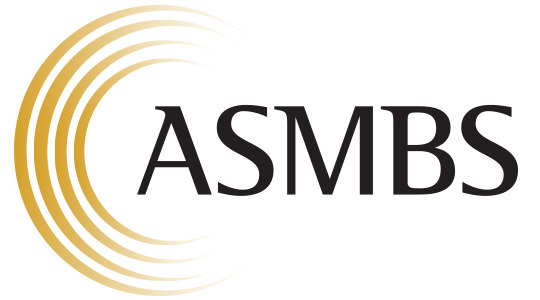Prepared by Christopher Gallagher, OCC Washington Representative
OPM Issues Guidance Supporting FEHB Program Coverage of Obesity Care
In a February 17, 2022 carrier letter and a subsequent March 16, 2022 technical guidance letter , the Federal Office of Personnel Management (OPM) spelled out specific guidance for health insurance carriers that administer Federal Employee Health Benefit (FEHB) plans — "clarifying that FEHB Carriers are not allowed to exclude anti-obesity medications from coverage based on a benefit exclusion or a carve out”… and that "FEHB Carriers must have adequate coverage of FDA approved anti-obesity medications (AOMs) on the formulary to meet patient needs and must include their exception process within their proposal.”
In rolling out this new guidance, OPM is quite clear — emphasizing that "obesity has long been recognized as a disease in the US that impacts children and adults"… and that "obesity is a complex, multifactorial, common, serious, relapsing, and costly chronic disease that serves as a major risk factor for developing conditions such as heart disease, stroke, type 2 diabetes, renal disease, non-alcoholic steatohepatitis, and certain types of cancer.”
In 2014 , OPM encouraged carriers to cover obesity treatments and prohibited plans from excluding coverage based on the carrier’s belief that obesity is a lifestyle condition or that treatment is cosmetic. Despite this nudge from OPM for FEHB Carriers to get their act together, many plans continue to exclude or carve out coverage for AOMs. Many leaders from the Obesity Care Continuum and STOP Obesity Alliance who have worked with OPM for nearly a decade on this issue see this new guidance as a possible game changer and believe it should have a catalytic effect on other public and private health plans to provide comprehensive coverage for obesity care.
Obesity Specific Language from February 17 Carrier Letter
Obesity
Obesity has long been recognized as a disease in the US that impacts children and adults. Obesity is a complex, multifactorial, common, serious, relapsing, and costly chronic disease that serves as a major risk factor for developing conditions such as heart disease, stroke, type 2 diabetes, renal disease, non-alcoholic steatohepatitis, and certain types of cancer. Throughout the pandemic, obesity has also been linked to increased hospitalizations, the need for mechanical ventilation, and death in persons with COVID-19. Obesity disproportionally affects some ethnic and/or racial groups with non-Hispanic Black adults having the highest prevalence, followed by Hispanic adults. Estimates have shown that the annual medical cost for people who have obesity are on average 42% -75% higher than those of normal weight, with costs increasing significantly with the severity of obesity.
Implications in Children and Adolescents
Almost one in five children in the US have obesity and the risk of obesity is greater among adults who had obesity as children. Obesity is more prevalent among American Indian and/or Native Alaskan, non-Hispanic Black, and Hispanic children compared with White and Asian children in the United States, with Black children having the highest prevalence of risk factors for obesity. Children and adolescents have experienced sharp increases in their rates of weight gain during the COVID-19 pandemic, especially school-aged children and those who already had obesity; now more than ever, children and families need support in achieving and maintaining optimal weight for health. Noting that programs and treatments for adults do not necessarily apply to the pediatric population, FEHB Carriers are strongly encouraged to address how obesity is covered in children and adolescents in their benefit proposals. Additional details will be provided in the Technical Guidance.
Anti-Obesity Medications
Research in populations with diabetes, hypertension, and cardiovascular diseases has shown that a 5% decrease in weight results in clinically significant improvements in these obesity- related comorbid conditions. Many of the Food and Drug Administration (FDA) approved anti- obesity medications result in at least a 5% weight loss. Timely management of obesity can be cost effective, lower health risks, and prevent disease progression. In 2014, OPM issued Carrier Letter 2014-04 clarifying that it is not permissible to exclude weight loss drugs from FEHB coverage on the basis that obesity is a “lifestyle” condition and not a medical one or that obesity treatment is “cosmetic.” The landscape of pharmaceuticals available to treat obesity continues to evolve and there are currently a variety of FDA approved medications available with different mechanisms of action. The FDA indications for anti-obesity medications reinforce that nutrition and physical activity regimens should accompany drug treatment of obesity. Treatment with anti-obesity medications is highly individualized and will depend on the individual’s comorbidities, their current medication regimen, and the potential for adverse effects.
OPM is clarifying that FEHB Carriers are not allowed to exclude anti-obesity medications from coverage based on a benefit exclusion or a carve out. FEHB Carriers must have adequate coverage of FDA approved anti-obesity medications on the formulary to meet patient needs and must include their exception process within their proposal. In cases where utilization management edits are applied, the process and evidence-based criteria for coverage must be transparent, readily accessible, and follow OPM required turnaround timelines.
Virginia General Assembly Approves Bill to Require Study on Obesity.
In early March, the Virginia General Assembly approved HB 1098, which was sponsored by Delegate Guzman, to “require the Joint Commission on Health Care (JCHC) to study and provide recommendations related to the payment of medical assistance for obesity prevention and other obesity-related services.” Specifically, the legislation will require the JCHC to study and provide recommendations related to (i) the types of obesity prevention and other obesity-related services for which federal matching funds are available, (ii) the cost to the Commonwealth of providing medical assistance for such obesity prevention and other obesity-related services for eligible individuals, and (iii) any federal approvals or other actions necessary to allow for the payment of medical assistance for obesity prevention and other obesity-related services. Under the legislation, the JCHC will report its findings and recommendations to the Governor and the Chairmen of the House Committees on Appropriations and Health, Welfare and Institutions and the Senate Committees on Finance and Appropriations and Education and Health by November 1, 2022. At press time, the legislation was waiting on Governor Youngkin’s (R) desk for his signature.



